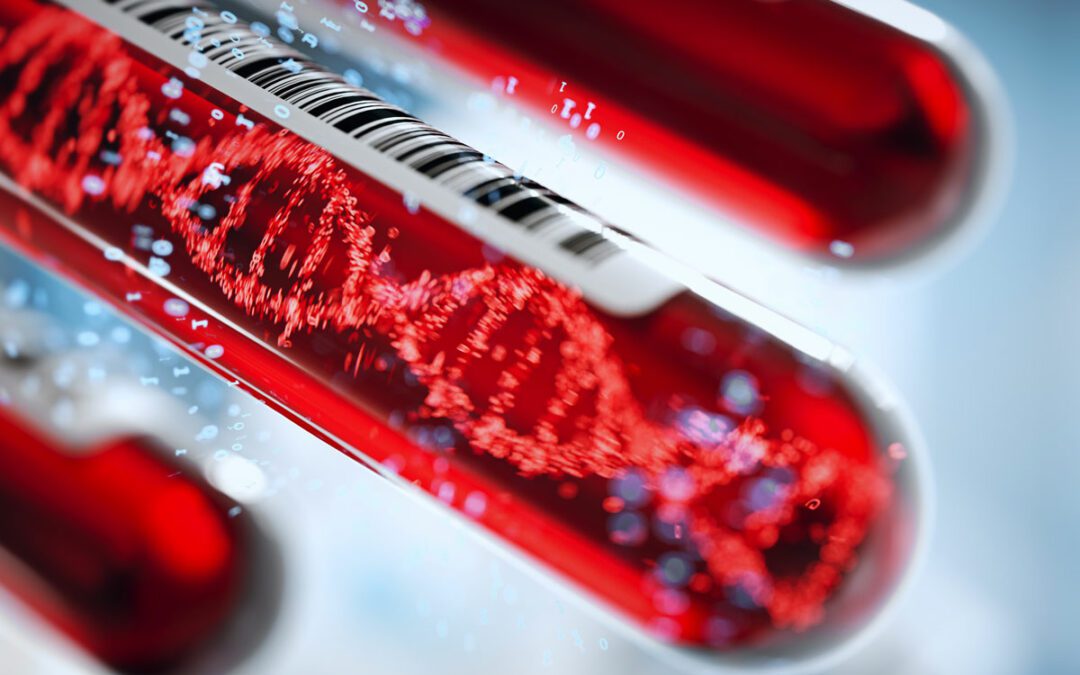Introduction:
When it comes to cancer, knowledge is power. Understanding inherited cancer risks and the role of family history is crucial, even for young individuals. By being aware of their family’s cancer history and the associated genetic factors, young people can make informed choices, prioritize early detection, and take proactive steps to reduce their cancer risk.
Understanding Inherited Cancer Risks:
Genetic Mutations: Certain genetic mutations, such as BRCA1 and BRCA2, significantly increase the risk of developing certain types of cancer. Knowing if these mutations run in the family can guide young individuals in assessing their own risk and seeking appropriate screenings or preventive measures.
Importance of Family History: A family history of cancer can provide important clues about inherited cancer risks. Learning about the types of cancer that have affected close relatives, the age at which they were diagnosed, and any patterns observed can help young individuals understand their own risk profile.
Early Detection and Screening: Armed with knowledge about family history and inherited cancer risks, young people can engage in early detection strategies. Regular screenings and consultations with healthcare providers can lead to the early detection of cancer, when it is often more treatable.
Lifestyle Factors: While genetics play a role, lifestyle choices can also impact cancer risk. Young individuals can adopt healthy habits, such as maintaining a balanced diet, engaging in regular exercise, avoiding tobacco and excessive alcohol use, and practicing sun safety, to reduce their overall cancer risk.
Genetic Counseling: Seeking genetic counseling services can provide young individuals with a deeper understanding of their inherited cancer risks. Genetic counselors can help interpret family history, assess genetic testing options, and guide personalized risk management strategies.
Conclusion:
Knowledge of inherited cancer risks and the influence of family history is vital for young individuals. Understanding their risks empowers them to make informed decisions, adopt healthy lifestyles, engage in regular screenings, and seek appropriate genetic counseling when needed. By taking these proactive steps, young people can actively reduce their cancer risk and lead healthier lives. Let’s encourage young individuals to be proactive about their health, embracing the power of knowledge and early detection to pave the way for a cancer-free future.

